Cannabis consumers often claim that weed helps increase productivity.
They’ve compared the herb to coffee, America’s drug of choice, enthusiastically maintaining that it gives them the boost they need to accomplish the duties of the day.
They get high before work, at work, after work, in the gym, and while carving out whatever creative genius they think they’ve got buried deep down inside.
Hey, more power to them.
What’s confusing, however, is a lot of the same people claiming pot is a great motivator also swear that it helps them sleep -- far better, some say, than prescription medications like Ambien.
Wait, productivity and rest? How can marijuana energize the minds of stoners while simultaneously holding the power to put them down for a nap?
Most of the cannabis advocates we talked to don’t think it’s strange that the herb helps with productivity while also promoting sleep. Because, you know, not all weed is created equal, duh!
Sorting out the Indica-Sativa confusion
“I use Sativa for breakfast and Indica at night to sleep,” David, a 34-year-old television producer from New Jersey, told The Bluntness. “I am very productive during the day. It helps me focus and get shit done.”
Ah, yes, our old pals, Indica and Sativa.
It was once believed the two different cannabis plant species were responsible for creating the ups and downs of the mighty buzz.
But there is some controversy over whether Sativa strains, said to generate those productive, energetic highs, and Indica strains, known for having a calming effect, are really that much different.
Some experts claim the reputed contrasts between these two plants are misleading.
Many avid cannabis aficionados agree, arguing that the debate over Indica and Sativa is broke.
Today, for most experienced consumers, the desired effect is more about cannabinoid content, terpenes, and other chemical factors.
“Cannabis has over a hundred cannabinoids and many different variations of terpenes and flavonoids. These are what make a cannabis profile,” declared Thommie, a 33-year-old grower out of Portland, Oregon.
“This is what determines whether you have a high, uplifting euphoric head change or whether you’re tired and hungry. Don’t listen to the hype about Sativa versus Indica,” he added.
Spend some time with cannabis advocates discussing why some strains are energizing and why some are downers, and you will hear it all.
Some swear on a stack of Bob Marley records that cannabis undoubtedly makes them better at whatever activity they are engaged in. But what’s the truth?
Medical cannabis experts weigh in
Medical experts, even those with an affinity for the herb, argue the “energy” people get from cannabis isn’t real. They say the feeling is more than likely just a benefit of treating the symptoms of their conditions.
“For some, perhaps, they are freed from their anxiety or pain to the point where they perceive ‘energy,’ Dr. Jordan Tishler, CEO of inhaleMD and Instructor of Medicine at Harvard Medical School, told The Bluntness.
“Others perhaps misinterpret the mild racing heart rate as energy (and others misinterpret that same phenomenon as “anxiety”),” he went on to say.
Cannabis dispensaries are sometimes full of hype, while hopeful patients are susceptible to placebo.
“I often point out to patients that no one ever buys cannabis without someone saying, “this is X type that will do Y,” Dr. Tishler said. “This leads to a preconceived notion of the outcome that is then often fulfilled unconsciously.”
Others in the medical community believe cannabis can, in fact, provide users with a productivity increase. But the results are based on the individual.
Dr. Ethan Russo, founder and CEO of CReDo Science, a cannabis research firm dedicated to making commercialized cannabis products “safer and better,” told The Bluntness that the efficacy of the plant in the realm of creativity and productivity is contingent on the biochemical composition of the cannabis and the neurophysiology of the person using it.
“It is clear that some individuals appreciate improvement in their ability to concentrate and even create when under the influence,” Dr. Russo said, adding that he’s seen this more in adults with residual attention-deficit disorder (ADD).
Dr. Tishler agrees:
“There are data to show that patients’ (marijuana users under the care of a physician) cognitive function often improves on cannabis, whereas data show that recreational users’ cognition is impaired,” he posited.
“The key is that patients are so impaired by their illness that cannabis, by relieving those symptoms, improves their function (not to “normal” but better than they were).”
And feeling “better” promotes the perception of increased productivity while also allowing for better sleep.
Still, to compare cannabis to coffee seems a bit of a stretch. After all, coffee is adored for its ability to wake up crusty-eyed Americans, but it doesn’t send them out into the world red-eyed and ripped.
Interestingly, Dr. Russo says cannabis consumers don’t need to be high or impaired to experience this desired effect. Whether they realize it or not, he told us, it’s not the head change they get from the tetrahydrocannabinol (THC), the primary psychoactive compound in cannabis, that gives them this jolt.
The energizing effect actually has more to do with the compound’s non-intoxicating counterpart. “While THC is the culprit in many psychoactive side effects of cannabis, its non-intoxicating sibling, cannabidiol (CBD), is actually stimulating at low and moderate doses and currently is favored over caffeine in the morning among some people,” Dr. Russo said.
Although cannabis might not be the performance-enhancing drug that many folks claim, that doesn’t mean it can’t assist them in being more productive in their daily lives. But it’s a matter of finding balance, not just staying high.
“Using cannabis in the right manner, at the right dose, for the right patient, and at the right time is key to stable, reliable beneficial outcomes,” Dr. Tishler concluded.
Need a little more Bluntness in your life? Sign Up for our newsletter to stay in the loop.
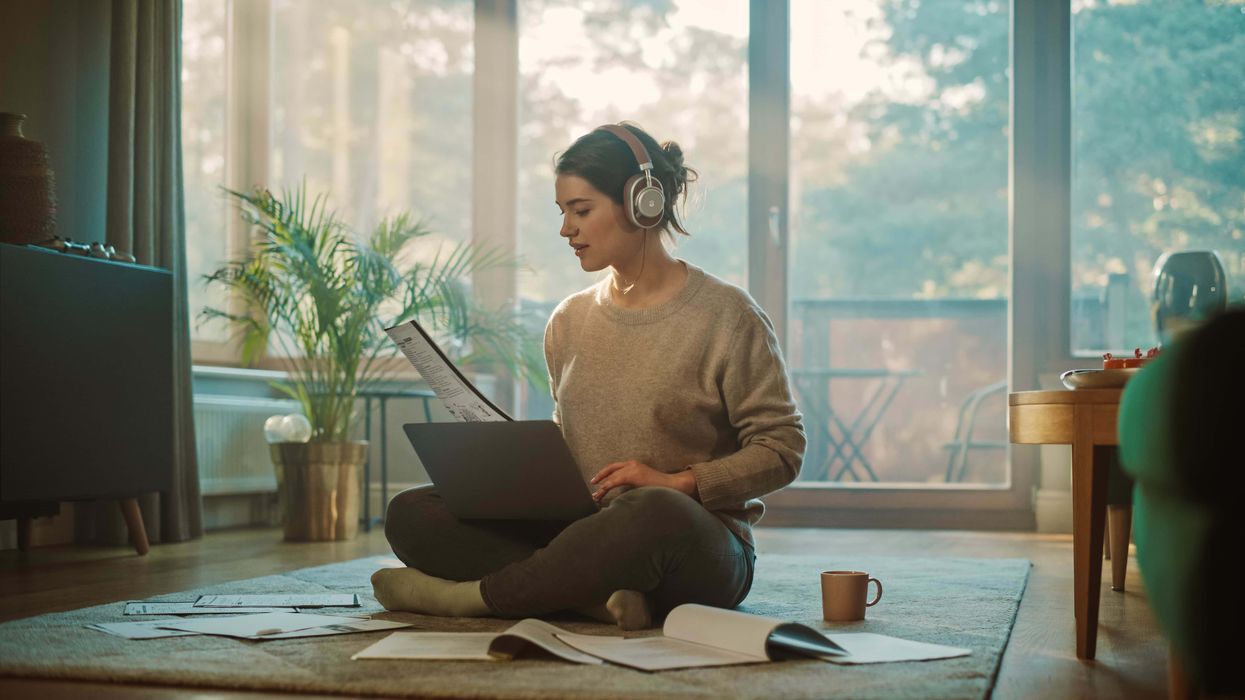












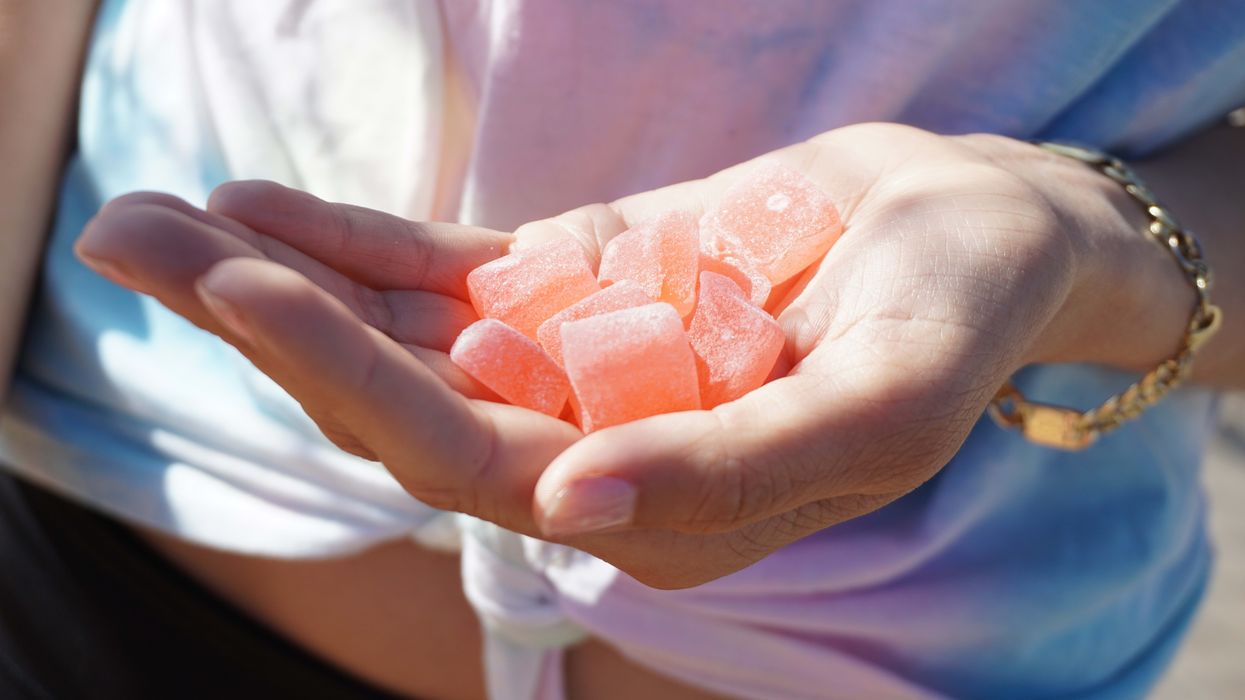
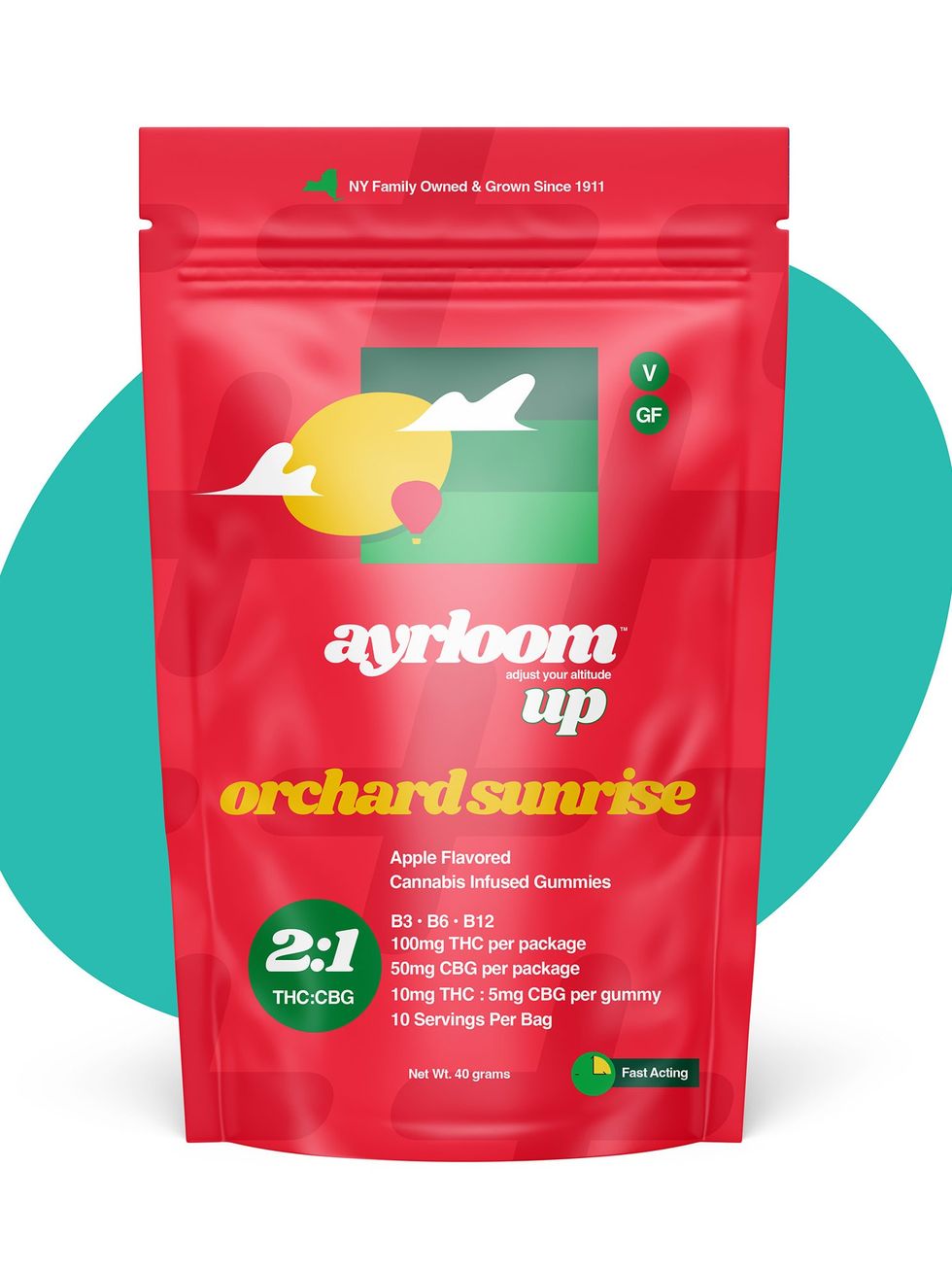 Ayrloom Orchard Sunrise Cannabis Infused Gummies
Ayrloom Orchard Sunrise Cannabis Infused Gummies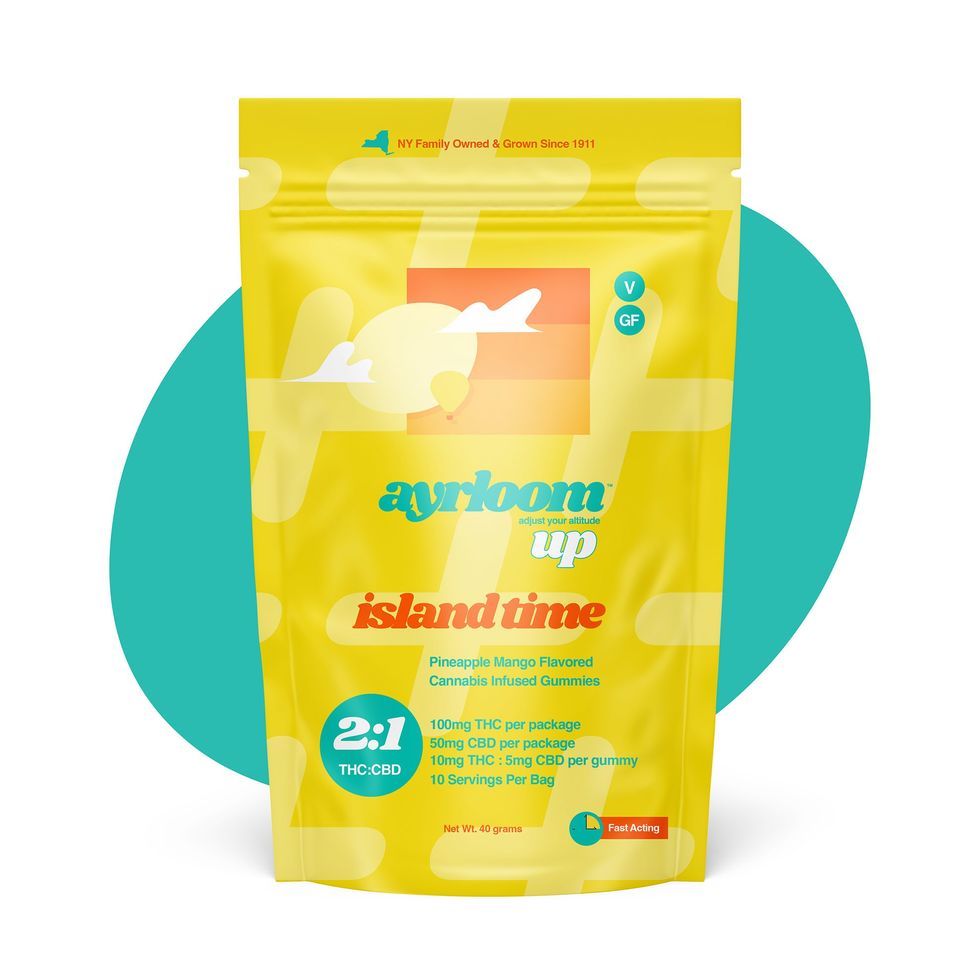 Ayrloom Island Time THC Gummies - Pineapple Mango Flavor
Ayrloom Island Time THC Gummies - Pineapple Mango Flavor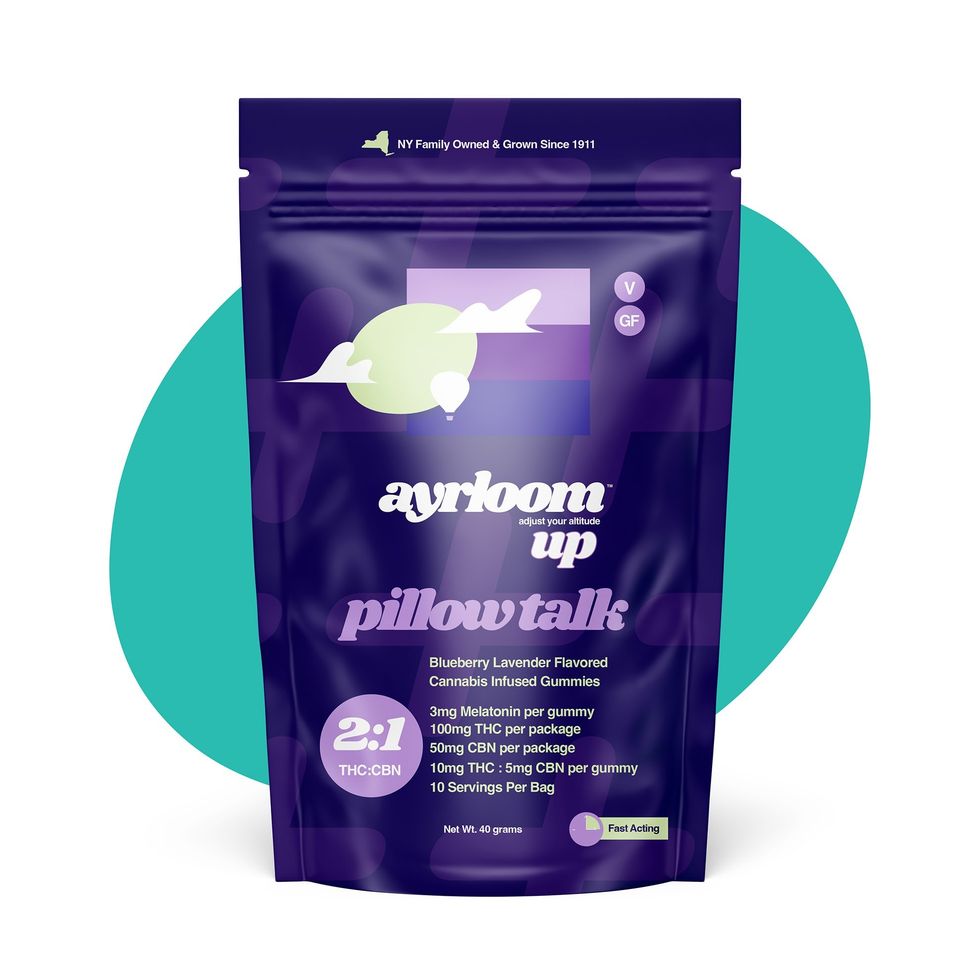 Ayrloom Pillow Talk - Sleep Gummies
Ayrloom Pillow Talk - Sleep Gummies 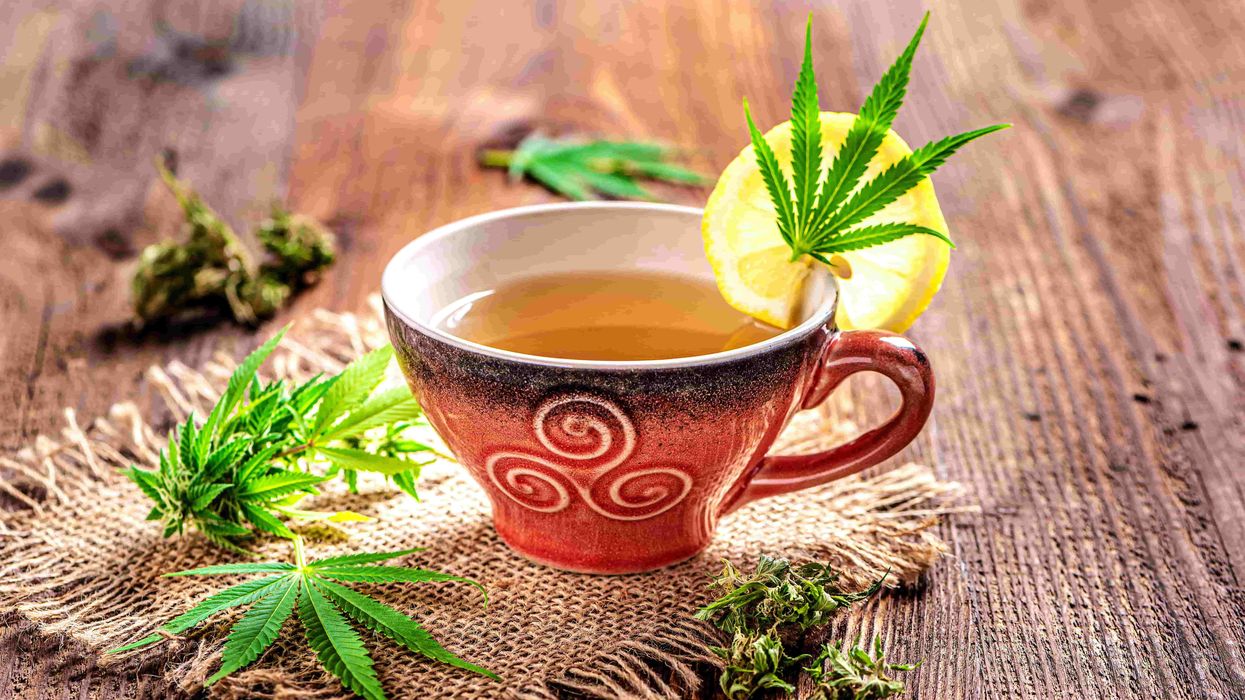
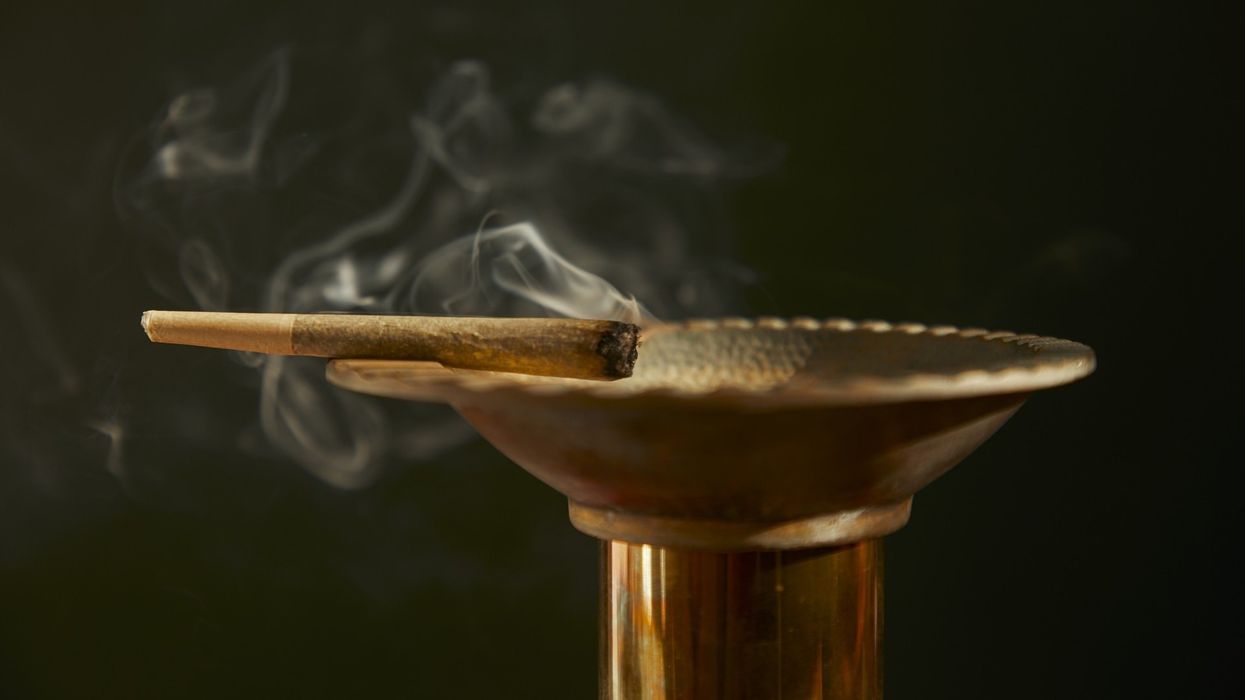
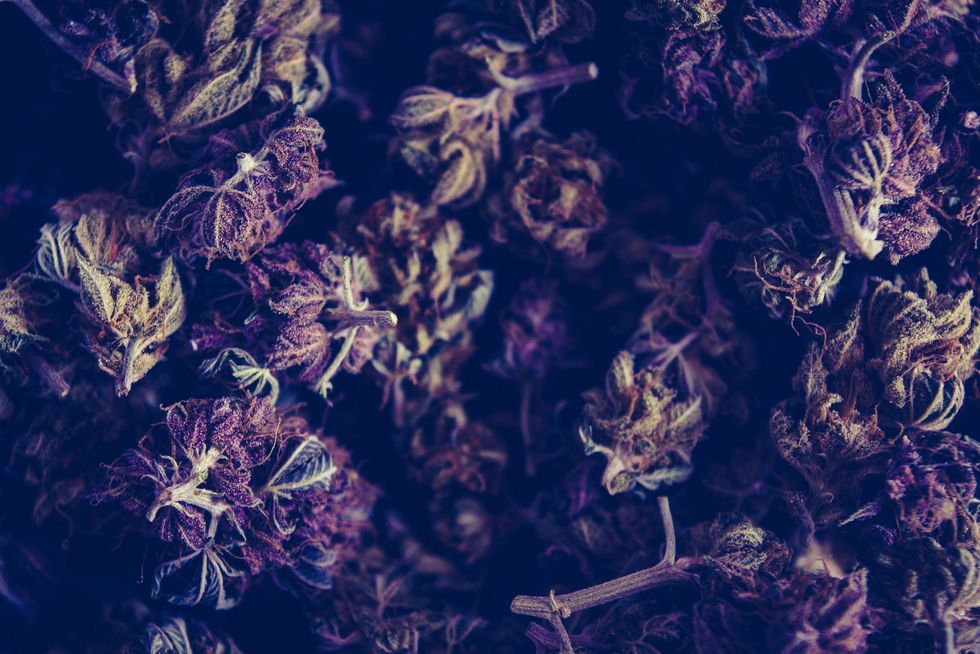 What is reggie weed? - The Bluntness
Photo by
What is reggie weed? - The Bluntness
Photo by 
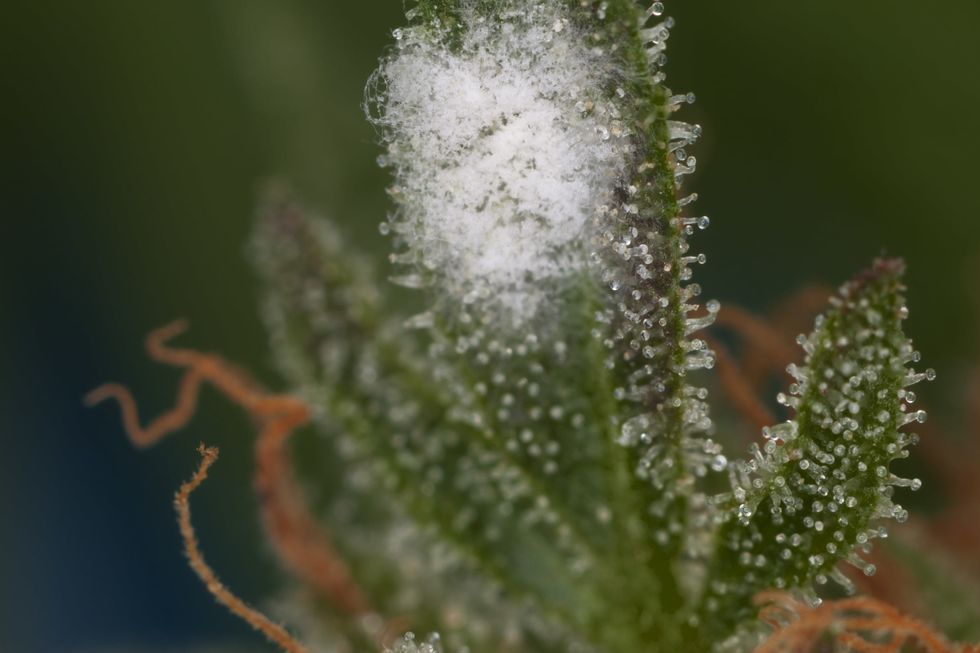 A good picture showing white mold next to cannabis trichomes.
A good picture showing white mold next to cannabis trichomes.